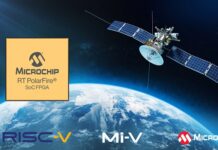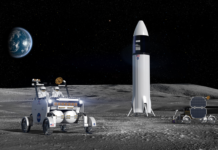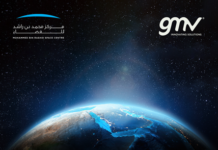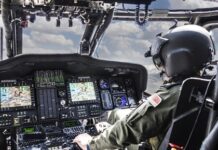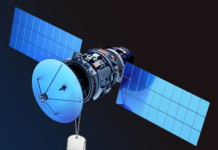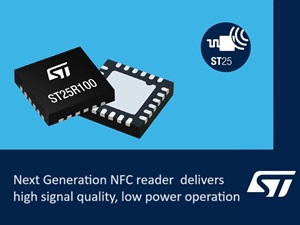
Panasonic Industry Europe is currently supporting a development program by young students at ETH Zurich to develop a robot that will be used to explore asteroids. The main challenge to overcome for the SpaceHopper program is the virtual absence of gravity on asteroids, which makes it very difficult for any robot to move around. The development team from ETH Zurich assumes that the most effective way of traveling in that low-gravity environment would be controlled leaps. Therefore it has chosen a three-legged design for its robot.
Panasonic Industry’s main contribution for the SpaceHopper program is to provide advice and support in selecting and supplying the optimum batteries for the robots validation tests in low gravity environments, like parabolic flights. Currently a battery pack of twelve highly robust and temperature-resistant BK-300SCP Ni-MH cells has been selected. According to Jorit Geurts from SpaceHopper these batteries are “the optimal solution for the zero-g-flights due to their robustness and their large temperature ratings.”
At present and thanks to the help of ESA Academy, the SpaceHopper robot was tested under microgravity conditions. On Earth, there is only one very cost-intensive way to do this: parabolic flight, where a special large-scale aircraft can simulate a short period of weightlessness by using a parabolic flight path.
Comments Carl-Frederik Riemenschneider, Head of Business Development at Panasonic : “Our company is happy to support this project because it fits in perfectly with our vision: Energy that changes the future.” He continues: “We are very much looking forward to seeing the results of the current tests and to see how this SpaceHopper project will move forward.”
For more information about Panasonic Industry’s support for the SpaceHopper program from ETH Zurich please click here.



